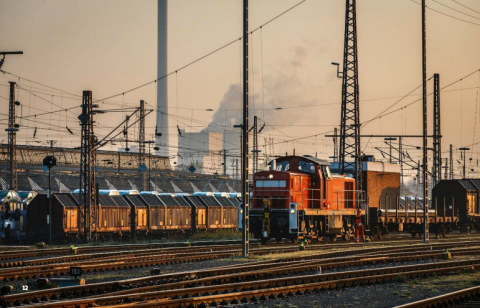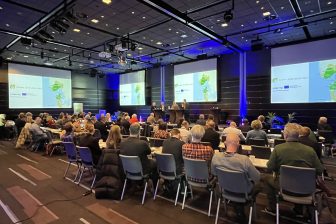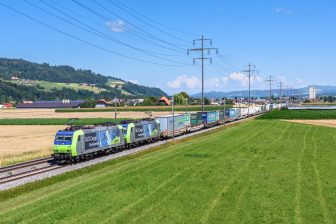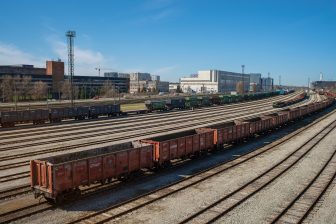
Freight Board created by Schenker revamp
A new Freight Board Division forms part of the revamp of the management board of Deutsche Bahn’s Schenker AG arm. Ewald Kaiser is to head up the division, as the company looks to streamline its services. DB Schenker is also one of the first signatories of a global standard framework on greenhouse gas reporting in freight transportation.
Growth potential
The most important changes implemented at management board level include consolidating the Air and Ocean Freight and Land Transport Board Divisions to create a new division named Freight. The aim is to bring these three product areas closer together to quickly improve integrated transport products and services, and make better use of growth potential.
Jochen Thewes, CEO of Schenker AG, said: “By reducing the number of members on the Management Board from seven to six and reorganising the board divisions, we intend to satisfy market requirements for fast and consistent solutions for our customers and to serve as a role model for creating more efficient structures.”
Market position
A new organisational unit named Global Land Transport will also be created within this board division and will standardise and promote the development of land transport outside Europe. Also being created is a new division called Commercial DB Schenker (CCO) and Contract Logistics, headed by Tom Schmitt. For the first time, key account management and sales & marketing will be controlled at management board level, which will foster customer contacts, further strengthen sales and expand the market position more quickly.
A personnel change has also been made at Schenker AG’s largest business region. Reiner Heiken has taken up the role of CEO of Region Europe, replacing Ewald Kaiser. Heiken served most recently as Chairman of the Management Board at Kühne & Nagel in Hamburg.
Greenhouse gas
DB Schenker meanwhile is also among the first signatories of a global standard framework on greenhouse gas reporting in freight transportation. A first draft of the standard approved in April was recently presented to some 80 industry stakeholders. A participant in the official launch, DB Schenker emphasised the necessity of advancing the standardisation process. This will provide important reporting components for the complex freight transportation industry that could be established along the entire supply chain and result in uniform emission reporting.
The firm has also co-developed a guideline on reporting truck emissions for the German Institute of Standardisation (DIN) process that will be adopted at the end of the year. In this way, the transportation and logistics industry is preparing for the expected government-imposed statutory reporting obligations for greenhouse gases.
Mutual exchange
Andrea Dorothea Schon, of Climate Protection and CO2 controlling at DB Schenker, said: “For DB Schenker, the mutual exchange and comparison of accounting methods is essential. A great deal depends on the responsible cooperation of actors along the supply chain. We continue to provide our best efforts on this matter.”





